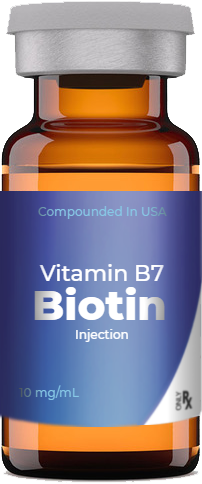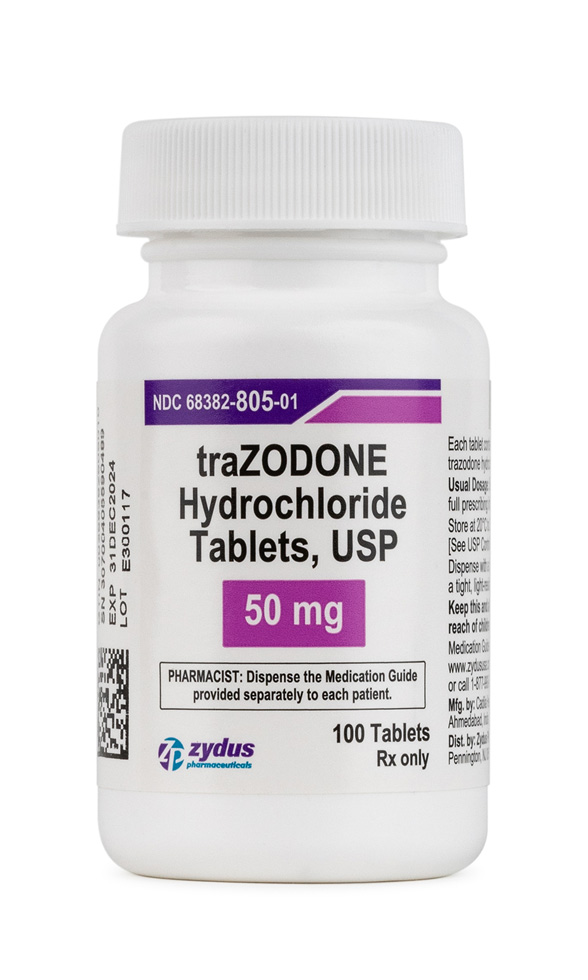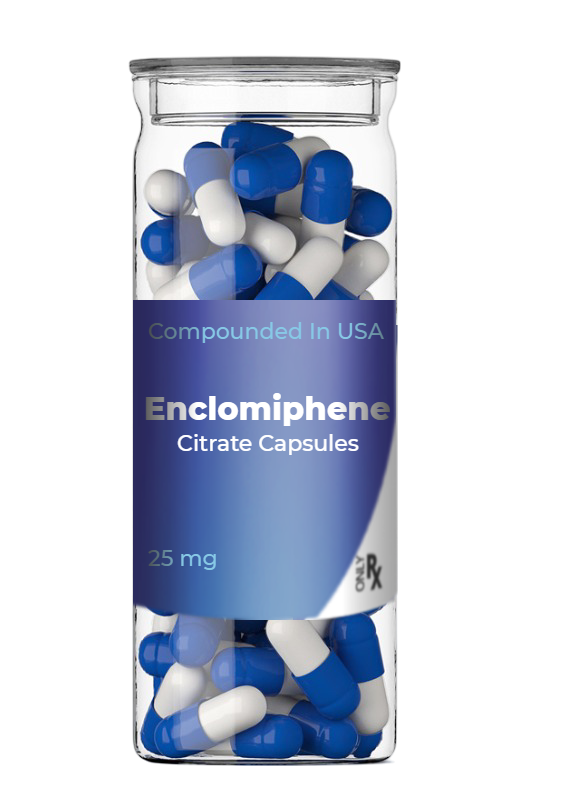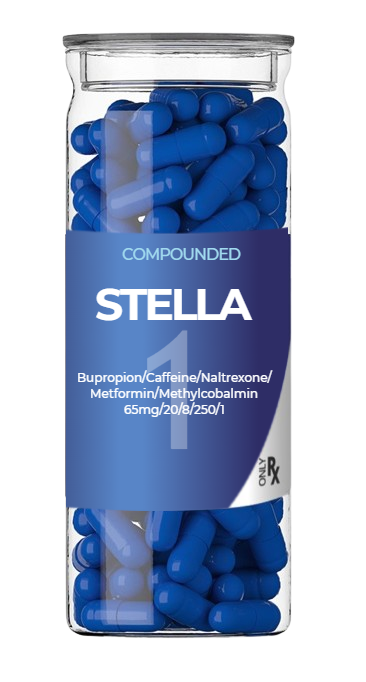Mechanism of Action
Biotin is a water-soluble B vitamin found naturally in some foods and used as a dietary supplement. It is important for the metabolism of carbohydrates, fats, and amino acids. It is found primarily in liver, kidney, and muscle. Biotin functions as an essential cofactor for five carboxylases that catalyze steps in fatty acid, glucose, and amino acid metabolism. It is mostly protein-bound in foods such as organ meats, eggs, nuts, and soybeans. Gastrointestinal enzymes break down ingested biotin via proteolysis. This creates biocytin, which is then cleaved by biotinidase into free biotin and lysine. Free biotin is then absorbed in the small intestine. Biotin can be used for metabolism issues such as biotinidase, holocarboxylase synthetase, and isolated carboxylase enzyme deficiencies due to its essential role in the metabolism of fatty acids, glucose, and amino acids.
Precautions
Biotin in blood or other samples taken from patients who are ingesting higher biotin dosages (i.e., doses of 10 to 300 mg biotin/day) in dietary supplements, including multivitamins, prenatal vitamins, and supplements for hair, skin, and nail growth, can cause clinically significant incorrect lab test results (falsely high or falsely low results) in assays that use biotin-streptavidin technology. Adverse events, including one death, related to biotin interference with lab tests have been reported. Specifically, biotin lab interference has caused falsely low troponin results, which may lead to missed diagnosis and potentially serious clinical implications. One patient taking high levels of biotin died following falsely low troponin test results when a troponin test known to have biotin interference was used. Some lab test developers have been successful at mitigating the biotin interference in their assays, while others may have not addressed this. Health care providers should be aware that many lab tests, including but not limited to, cardiovascular diagnostic tests and hormone tests that use biotin technology, may be affected. Discuss dietary supplement intake, particularly those that may contain biotin, with patients and communicate to the lab conducting testing if the patient reports taking biotin containing supplements. Consider laboratory test interference from biotin as a possible source of error if the lab test result does not match the clinical presentation of the patient and report any adverse events thought to be due to biotin interference to the lab test manufacturer and the FDA. One patient reportedly had abnormal thyroid function tests (TFTs) that did not match the clinical context after starting biotin. Within 3 days of stopping supplementation with biotin, repeated TFTs were normal. Then, biotin was reintroduced to the same patient, and TFTs taken 16 hours after the last dose and after an overnight fast showed further evidence of biotin immunoassay interference.
Biotin during pregnancy at the recommended adequate intake (AI) is recommended. Supplementation outside of dietary intake is usually not necessary if a healthy diet is consumed and no deficiency has been diagnosed.
Breast-feeding females may consume biotin within the recommended adequate intake (AI) parameters. Supplementation outside of dietary intake is usually not necessary if a healthy diet is consumed and no deficiency has been diagnosed.
Pregnancy
Biotin during pregnancy at the recommended adequate intake (AI) is recommended. Supplementation outside of dietary intake is usually not necessary if a healthy diet is consumed and no deficiency has been diagnosed.
Breast Feeding
Breast-feeding females may consume biotin within the recommended adequate intake (AI) parameters. Supplementation outside of dietary intake is usually not necessary if a healthy diet is consumed and no deficiency has been diagnosed.
Interactions
Atropine; Hyoscyamine; Phenobarbital; Scopolamine: (Moderate) Phenobarbital use for greater than one year while taking biotin can lead to decreased concentrations of biotin. Anticonvulsants that are potent CYP3A4 inducers, like phenobarbital, are thought to increase biotin metabolism, leading to reduced biotin status and inhibition of intestinal biotin absorption. This can result in decreased efficacy of biotin. Discuss biotin status with patients taking these medications concomitantly.
Belladonna Alkaloids; Ergotamine; Phenobarbital: (Moderate) Phenobarbital use for greater than one year while taking biotin can lead to decreased concentrations of biotin. Anticonvulsants that are potent CYP3A4 inducers, like phenobarbital, are thought to increase biotin metabolism, leading to reduced biotin status and inhibition of intestinal biotin absorption. This can result in decreased efficacy of biotin. Discuss biotin status with patients taking these medications concomitantly.
Carbamazepine: (Moderate) Carbamazepine use for greater than one year while taking biotin can lead to decreased concentrations of biotin. Anticonvulsants that are potent CYP3A4 inducers, like carbamazepine, are thought to increase biotin metabolism, leading to reduced biotin status and inhibition of intestinal biotin absorption. This can result in decreased efficacy of biotin. Discuss biotin status with patients taking these medications concomitantly.
Ethanol: (Moderate) Excessive ethanol (e.g., alcoholism) may result in increased urinary excretion of magnesium. Avoid high intakes of ethanol while taking magnesium salts.
Food: (Minor) Dietary avidin, a glycoprotein in raw egg whites (food), binds tightly to dietary biotin and prevents its absorption in the gastrointestinal tract. Cooking denatures the avidin, disabling it from interfering with biotin absorption.
Fosphenytoin: (Moderate) Fosphenytoin use for greater than one year while taking biotin can lead to decreased concentrations of biotin. Anticonvulsants that are potent CYP3A4 inducers, like fosphenytoin, are thought to increase biotin metabolism, leading to reduced biotin status and inhibition of intestinal biotin absorption. This can result in decreased efficacy of biotin. Discuss biotin status with patients taking these medications concomitantly.
Phenobarbital: (Moderate) Phenobarbital use for greater than one year while taking biotin can lead to decreased concentrations of biotin. Anticonvulsants that are potent CYP3A4 inducers, like phenobarbital, are thought to increase biotin metabolism, leading to reduced biotin status and inhibition of intestinal biotin absorption. This can result in decreased efficacy of biotin. Discuss biotin status with patients taking these medications concomitantly.
Phenytoin: (Moderate) Phenytoin use for greater than one year while taking biotin can lead to decreased concentrations of biotin. Anticonvulsants that are potent CYP3A4 inducers, like phenytoin, are thought to increase biotin metabolism, leading to reduced biotin status and inhibition of intestinal biotin absorption. This can result in decreased efficacy of biotin. Discuss biotin status with patients taking these medications concomitantly.
Primidone: (Moderate) Primidone use for greater than one year while taking biotin can lead to decreased concentrations of biotin. Anticonvulsants that are potent CYP3A4 inducers, like primidone, are thought to increase biotin metabolism, leading to reduced biotin status and inhibition of intestinal biotin absorption. This can result in decreased efficacy of biotin. Discuss biotin status with patients taking these medications concomitantly.
Adverse Reactions
Biotin has been very rarely associated with any adverse effects, even with high doses. There is one case report of life-threatening eosinophilic pleuro-pericardial effusion in an elderly woman who took a combination of 10 mg/day of biotin and 300 mg/day of pantothenic acid for two months.2
Storage
Store this medication at 68°F to 77°F (20°C to 25°C) and away from heat, moisture and light. Keep all medicine out of the reach of children. Throw away any unused medicine after the beyond use date. Do not flush unused medications or pour down a sink or drain.






